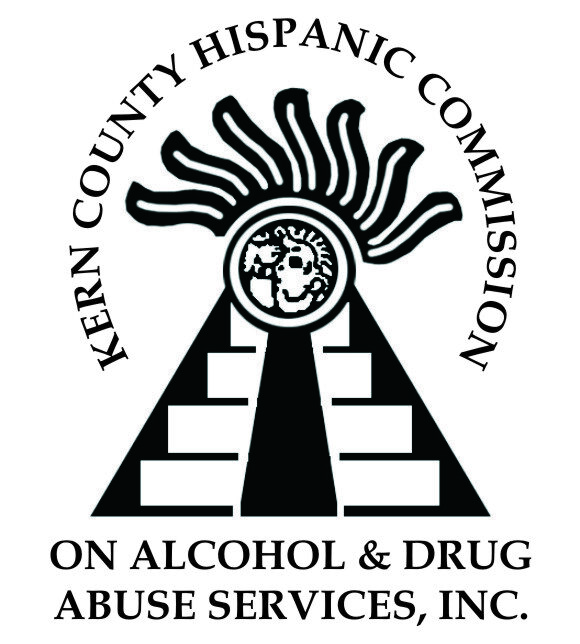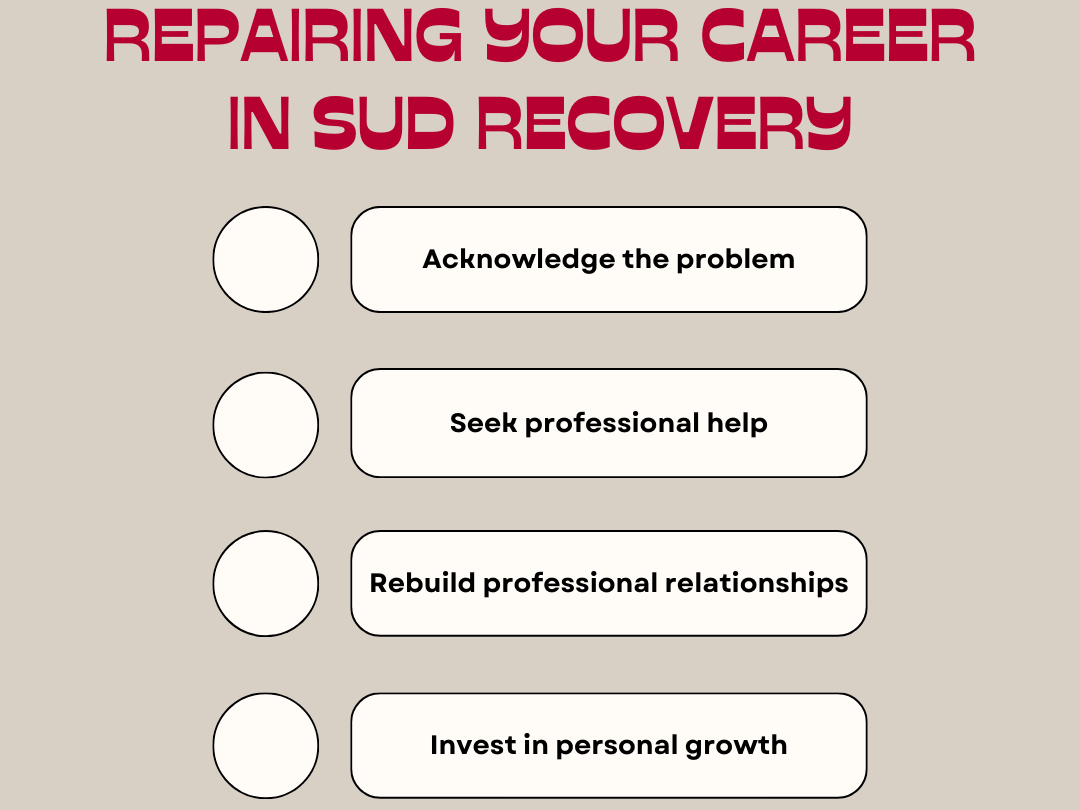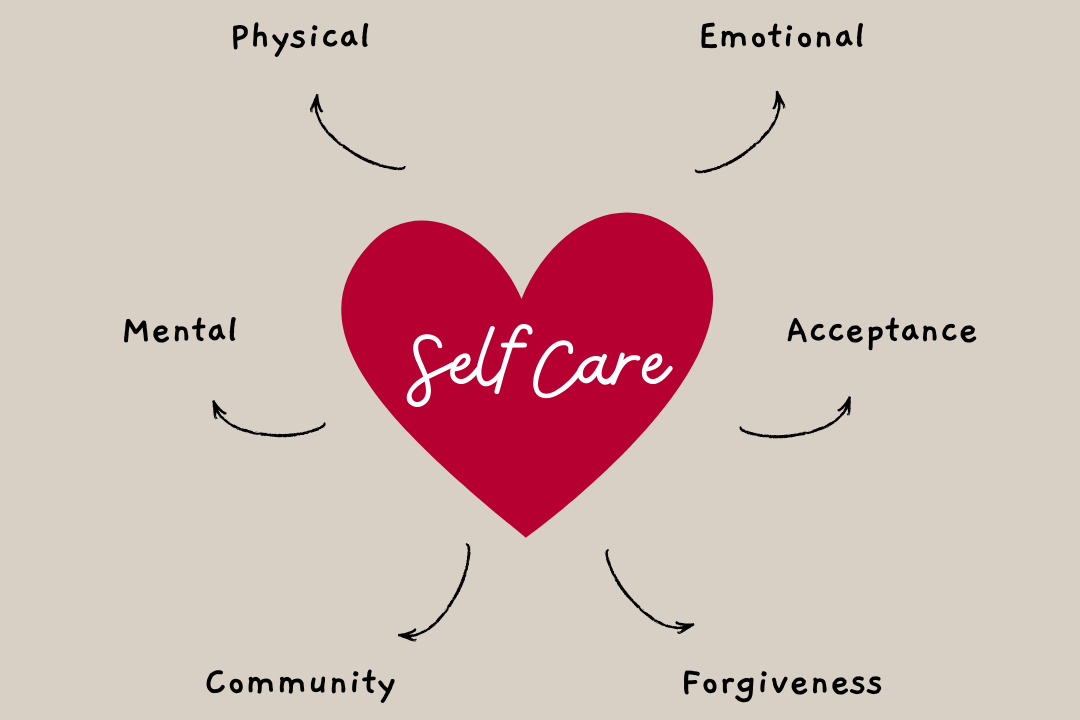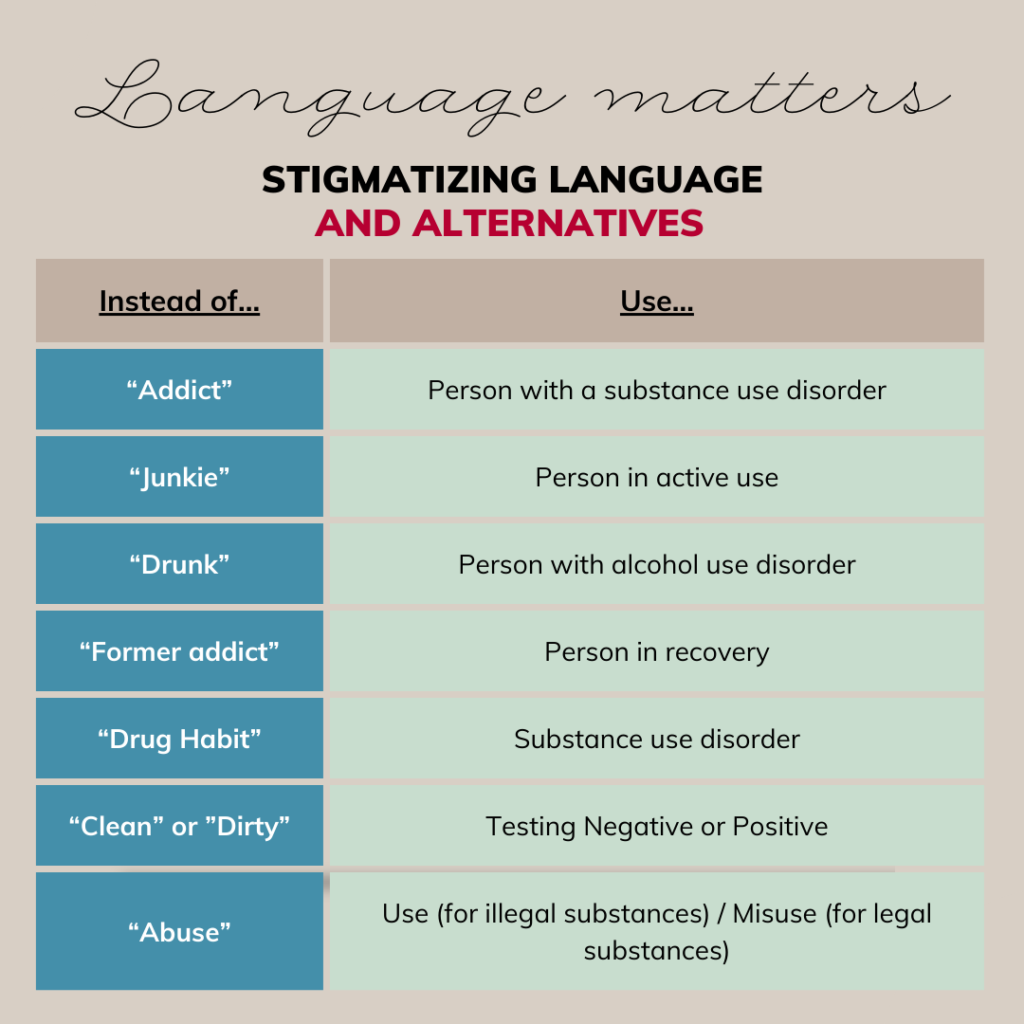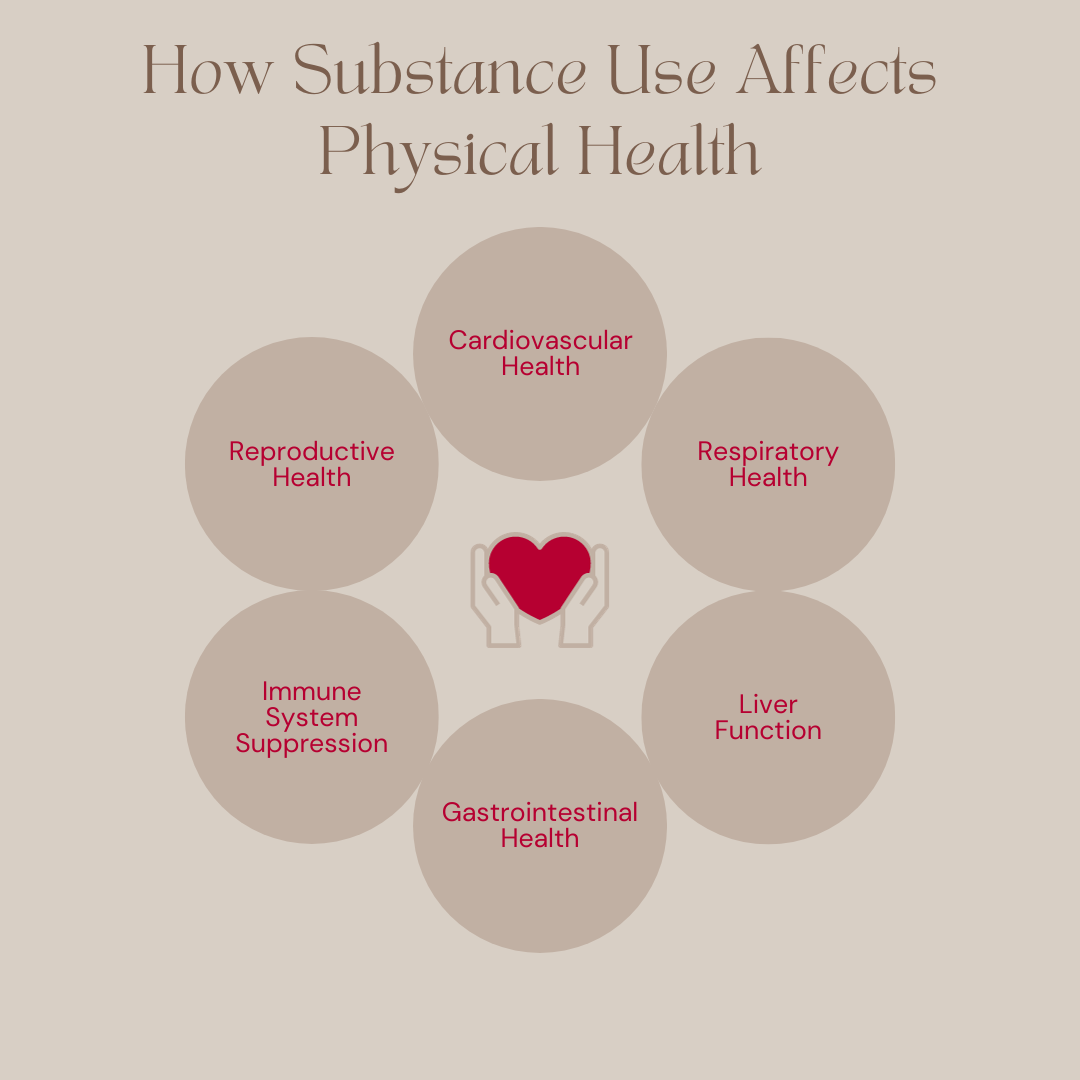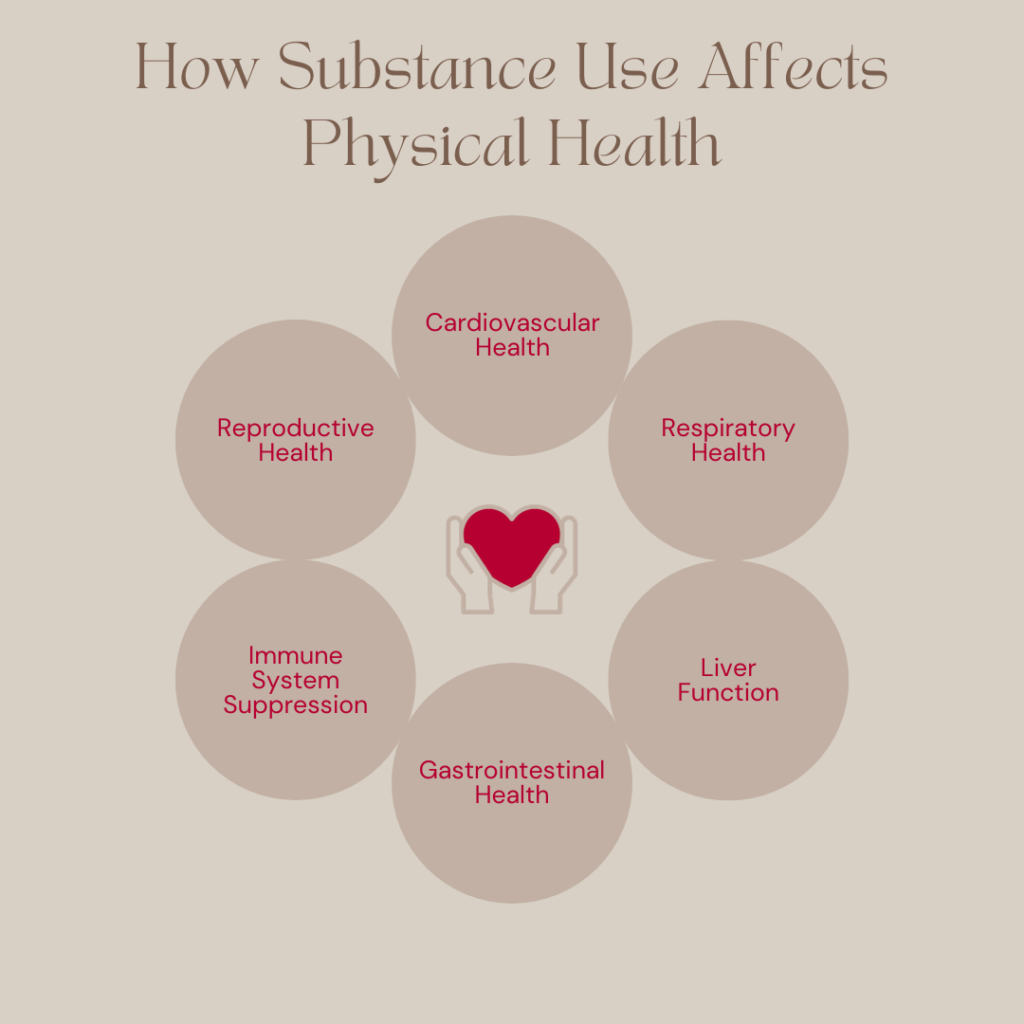Recovery from a substance use disorder is a journey that requires more than just abstaining from drugs or alcohol. It’s about rebuilding a fulfilling life, one that supports sobriety and well-being. While counseling and peer support groups can play crucial roles, mastering certain life skills can significantly enhance the recovery process. These skills empower individuals to navigate challenges, manage stress, and cultivate a positive lifestyle. Let’s explore some essential life skills that aid in substance use recovery.

- Effective Communication: Clear and assertive communication is essential in recovery. It enables individuals to express their needs, set boundaries, and seek support when necessary. Effective communication also fosters healthy relationships, which are vital for a strong support system. Learning to communicate openly and honestly can improve conflict resolution and reduce the risk of relapse triggered by misunderstandings or unaddressed emotions. At our clinic, clients learn to communicate effectively in group counseling sessions, where they may be exposed to peers who have different opinions or communication styles than they do. With the help of an expert group facilitator, clients learn to navigate challenging conversations, stand up for themselves, and reduce conflict.
- Stress Management: Stress is a common trigger for substance use, making effective stress management crucial in recovery. Techniques such as mindfulness meditation, deep breathing exercises, and progressive muscle relaxation can help individuals manage stress and anxiety without resorting to drugs or alcohol. Developing healthy coping mechanisms empowers individuals to face life’s challenges without turning to substances for relief. Clients at our clinic learn to identify common stressors in their lives, especially ones that might lead to substance use, and cope with these stressors in a healthy way.
- Emotional Regulation: Many individuals turn to substances as a way to cope with difficult emotions. In recovery, learning to regulate emotions without relying on drugs or alcohol is key to long-term sobriety. This involves recognizing triggers, practicing self-awareness, and developing healthy coping strategies. Therapy modalities like cognitive-behavioral therapy (CBT) can be particularly helpful in learning to identify and manage emotions effectively.
- Healthy Lifestyle Habits: Physical health is closely linked to mental well-being, making healthy lifestyle habits essential in recovery. Regular exercise, nutritious eating, and adequate sleep contribute to overall well-being and help individuals cope with stress and cravings. Additionally, engaging in activities that bring joy and fulfillment, such as hobbies or creative pursuits, can provide a sense of purpose and reduce the risk of relapse. Clients at KCHC learn how to introduce healthy habits into their lives in our monthly health unit.
- Time Management and Goal Setting: Structure and purpose are important pillars of recovery. Learning to manage time effectively and set achievable goals helps individuals stay focused and motivated on their journey to sobriety. Breaking down larger goals into smaller, manageable tasks can make them less overwhelming and increase the likelihood of success. Setting both short-term and long-term goals provides direction and a sense of accomplishment as milestones are achieved.
- Problem-Solving Skills: Life inevitably presents challenges, and developing strong problem-solving skills is essential in navigating them without resorting to substance use. This involves identifying solutions, weighing their pros and cons, and taking action to address the issue effectively. Building resilience and adaptability empowers individuals to overcome obstacles and setbacks without losing sight of their recovery goals. One of the services we provide quite often is to help clients navigate life’s challenges — whether that means making a tough phone call (and dealing with all the transfers!) or getting on public transportation together to overcome fears and avoidant behaviors!
Recovering from a substance use disorder is a multifaceted journey that requires a holistic approach. While therapy, counseling, and peer support groups are invaluable resources, mastering essential life skills can greatly enhance the recovery process. Effective communication, stress management, emotional regulation, healthy lifestyle habits, time management, goal setting, and problem-solving skills empower individuals to build a fulfilling life free from the grip of addiction. By cultivating these skills, individuals in recovery can create a strong foundation for lasting sobriety and well-being.
KCHC is participating in Give Big Kern! Support us by donating here or by clicking on the image below.
